Propel provides innovative insurance solutions to thousands of companies across the country. We make it our business to know your world inside and out.
Employee Benefits
Public vs. Private Exchange
With healthcare costs on the rise, employers seek new cost-saving ideas in the form of a private exchange.
Health insurance purchased through an online marketplace in which insureds are able to assess and compare available plans and carriers is considered an exchange. Though public and private exchanges share common features, differences exist.
Defined Contribution
The private exchange model uses a defined contribution approach toward healthcare in which employers set a dollar amount to employee coverage. Employees then use this set amount toward the purchase of healthcare benefits. Employees can choose to purchase coverage based on the carrier, premium, deductible or plan options at their discretion and based on individual and family needs.
Fully Insured
Private exchanges are operated by private sector companies who are not subject to the PPACA and are typically fully insured, though self-insured capabilities exist, with fixed per employee premium payments. A private exchange negotiates premium rates with participating insurers and employers selecting options based on employee needs.
Single Carrier Exchange
There are two types of private exchanges, the first being the single carrier exchange. This exchange is run by the insurer and only offers their plans. Employers are involved in selecting various plan design options, such as deductible options, that will be made available to employees.
Multicarrier Exchange
Typically run by third parties, this plan offers several design options and multiple insurers. Each insurance carrier competes for employee enrollment by offering different price structures, benefits plans and customer support to accommodate varying individual and family needs.
Public Exchange
The public exchange, both individual and the Small Business Health Options Program, must adhere to a set of highly regulated guidelines as outlined by PPACA legislation. Individuals purchasing coverage through the public exchange are eligible to receive a federal subsidy toward coverage depending on household income. Private exchanges cannot take advantage of this tax credit.
Benefits exist for both the public and private exchange. For employers seeking to comply with PPACA regulations, many advantages lay in a private exchange by minimize corporate expenditure and maximizing employee benefits offerings.


